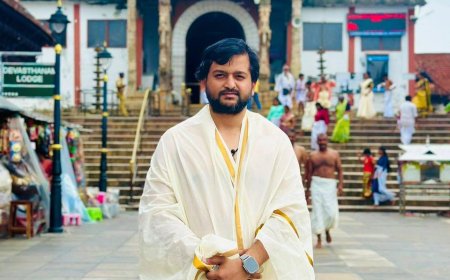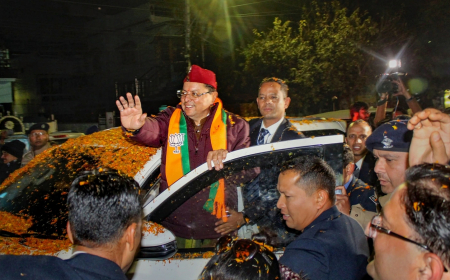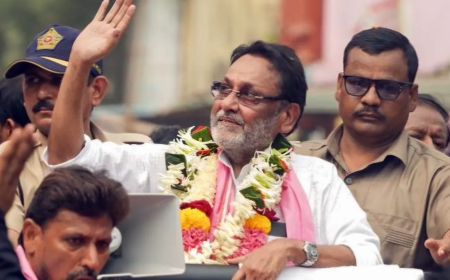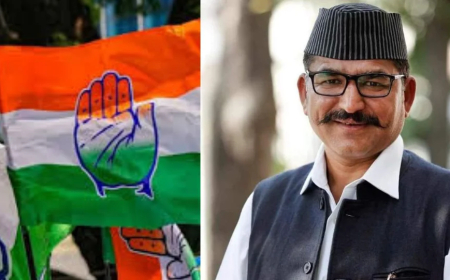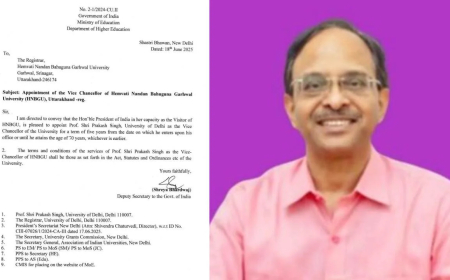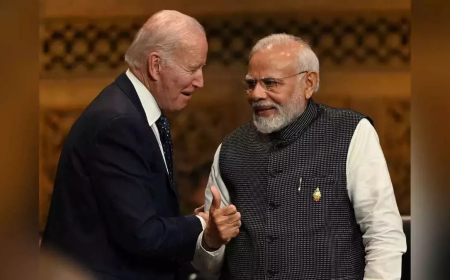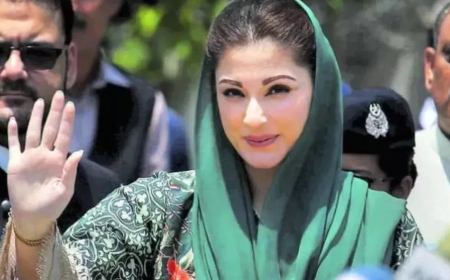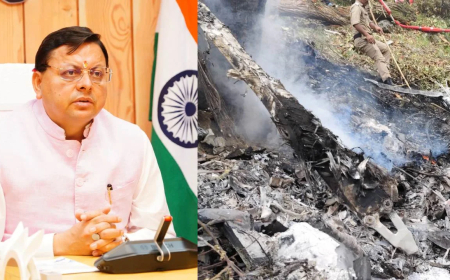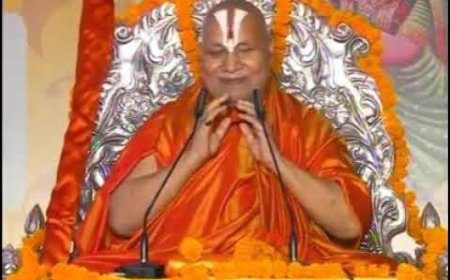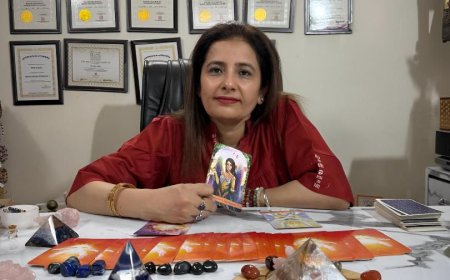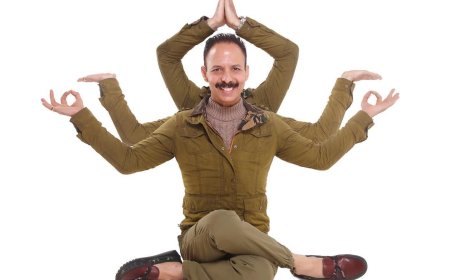Suraj Berry on Micro-Dramas: “If the Story Has Heart, 60 Seconds Are Enough”
Actor Suraj Berry dives deep into the power of micro-dramas, sharing why he believes 60-second stories are redefining emotion, performance, and the future of entertainment.

Suraj Berry, son of veteran actor Sudesh Berry, is quietly yet confidently creating his own lane in the entertainment world. From television screens to digital projects, his journey is less about competing with his father’s legacy and more about discovering what storytelling means to him personally. Right now, his fascination lies with micro-dramas — those tight, 60–90 second emotional bursts that have begun dominating reels, shorts, and social media feeds.
“Normal dramas can take minutes or even hours to build the world, set the tone, and let characters breathe,” Suraj says thoughtfully. “But a micro-drama doesn’t give you that comfort zone. You’re dropped straight into conflict, into the heartbeat of the story. It’s a compressed emotion, like holding lightning in your hands.” That immediacy, he believes, is both the challenge and the thrill of the format.
For Suraj, the charm of micro-dramas is in their clever use of implication over exposition. “Take one line like, ‘You chose her over me again.’ That single sentence tells you about relationships, betrayals, past wounds — all in one go,” he explains. This style forces creators to trim the fat and focus on the core of the emotion, something that not just tests but also hones their craft.
He also points out that micro-dramas require sharpness in every department — writing, acting, direction, even sound design. “You skip introductions. You start mid-argument, with tension already thick in the air. Dialogue must suggest backstory without spelling it out. Visual clues — a close-up of a tear-stained face, a smashed phone screen, a single text message — become the real narrative anchors.” The challenge lies in leaving just enough unsaid to spark the audience’s imagination.
What excites him most is how this format opens doors for new talent. “In under a minute, an actor can display anger, grief, joy, and subtlety all at once. A writer can prove they understand brevity and subtext. Directors can play with style, rhythm, framing — all without needing the backing of a studio budget. It’s like a playground where you can take risks, experiment, and learn quickly.”
Social media makes these bite-sized dramas even more powerful. “You get an instant audience,” Suraj says with a grin. “If it connects, it spreads overnight. You could be a nobody one day and a known face the next morning because your 60-second story went viral. Of course, the flip side is that criticism comes just as quickly — but that keeps you grounded. You get real-time lessons about what works, what doesn’t, and what truly touches people.”
For Suraj, micro-dramas are more than a passing fad. “They won’t replace cinema or TV, just like music videos never replaced albums. But they will become part of mainstream storytelling. People love short, intense bursts of content — snackable stories they can feel deeply and share instantly. Micro-dramas fit perfectly into the way we consume content today.”
At the end of the day, he circles back to the one thing that drives him — emotion. “If the story has heart, even 60 seconds are enough to make someone cry, laugh, or think. That’s the beauty of it. That’s why I’m so excited to explore this format more.”





